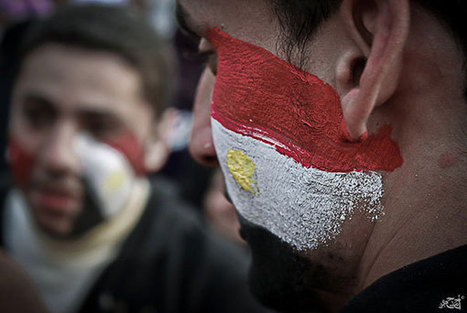Twitter. It’s a good thing. I know many of you are already big social media fans. But for those who are still just a bit unsure about the whole Twitter / Facebook / Plurk thing, this is for y...
This is a great way to help your online social media interactions strengthen you Personal Learning Network (PLN).



 Your new post is loading...
Your new post is loading...










